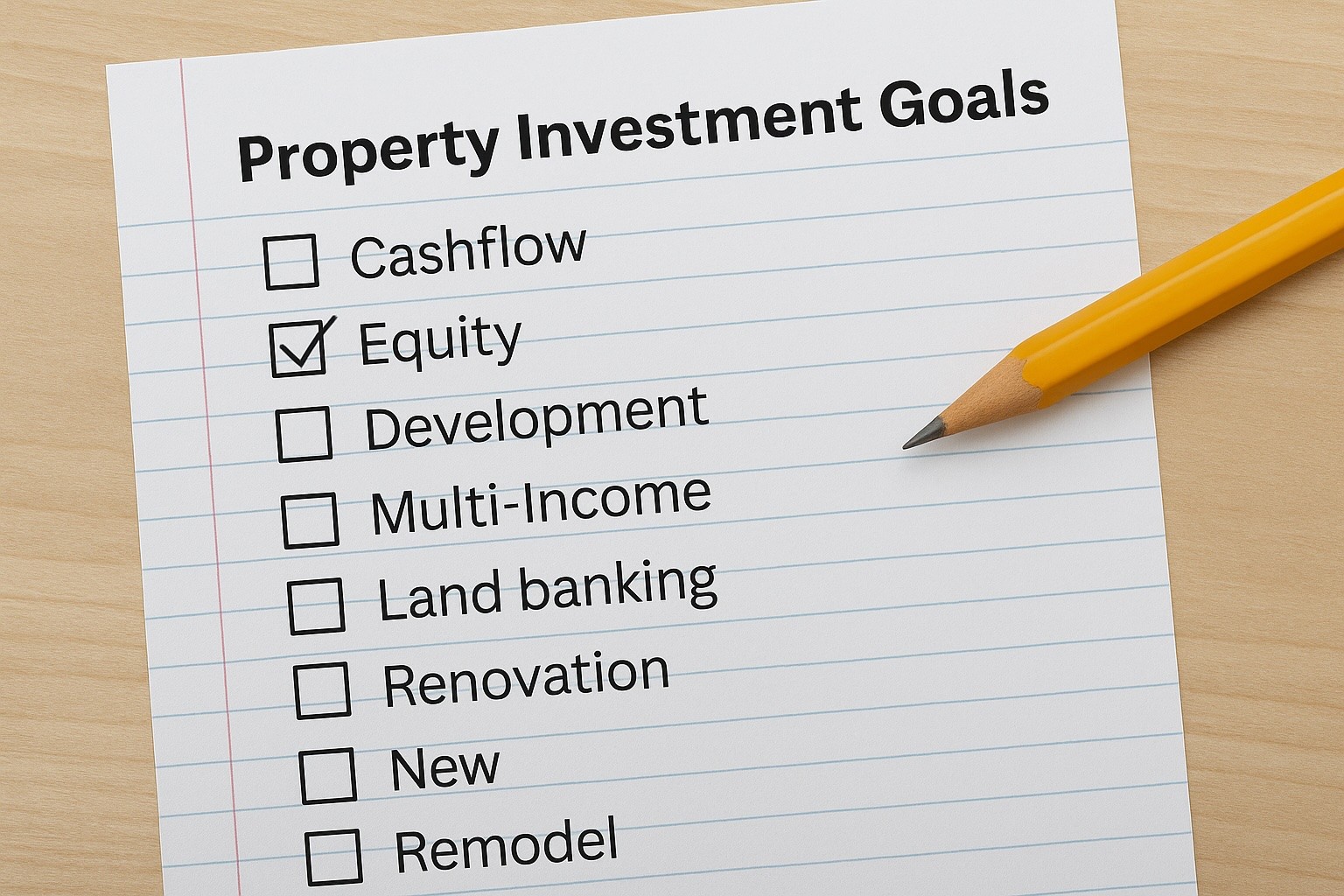This originally appeared on stuff.co.nz in an article by Catherine Harris
Financial adviser Lisa Dudson sees a lot of people who own investment properties but whose reasons for doing so are kind of vague, other than to create wealth.
They believe in bricks and mortar as an investment class, but they may not ever have thought much about the finer details of why they are doing it, what they need it for, and how much they need.
"It's all very well buying property but a lot of people buy it and cross their fingers and hope that by the time they've got to
retirement, it's kind of enough. Whereas there's a bit more involved than that."
So Dudson sets about getting them to think a little harder.
.png)
Step 1: Establish what kind of retirement you want
Ask yourself, will you travel? Will you need a car? Will you need a spacious house? What about medical insurance? How much of your estate do
you want to leave behind? What do you imagine you will do on a day-to-day basis and how much will it cost?
Doing a proposed budget of what you think your lifestyle will cost will give you an income goal to work towards.
With an increasing number of older people opting to work longer, Lisa says visions of retirement may now vary considerably from how
retirement looked 10 years ago.
In fact, she notes, the number of people working between the ages of 65 and 69 jumped from 23 per cent in 1997 to 29 per cent 10 years
later. In the US, as much as 75 per cent of Americans are working past the age of 65.
So Dudson no longer assumes people are looking for a recliner chair, TV guide and remote control kind of lifestyle. But she asks clients who
want to work longer, why they are doing so.
"Is it because they need to? For some people, that would be the case. Or is it for some people that they're still very young at that
age and so they're saying well, I still want to work.
"A friend of mine retired at 50 and pretty much took an eight-year holiday, and now he's just started another business and he's
approaching 60. It's not like it used to be, this whole retirement thing."
Step 2: Do your maths
Some people abide by the very simple rule of thumb that if they own at least two investment properties by retirement, the capital value of
the properties will keep up with inflation.
But of course, says Dudson, location is everything. "You can have two properties in Auckland worth a million dollars each or two
properties in Tokoroa worth $100,000 each."
So, pretend those properties are each worth $300,000 and you are receiving about a gross yield of about 5 per cent from them. After expenses
and tax, the annual income on each is likely to be about $8000, or $16,000 for both.
"Is that enough income to provide you what you want?" asks Dudson. "For some people, they'll say, yes that's heaps. For me,
that wouldn't be enough, or if you want to travel, that won't be enough."
This is assuming superannuation will be there for you when you retire. It is highly likely that the age of entitlement will increase in the
future.
After taking that into account, Dudson says people should think hard about whether property is the best way of meeting their retirement goal
in the time they have left.
She suggests people ask themselves how many properties they need, whether they can pay them off within their timeframe and, after factoring
in a couple of per cent of inflationary growth each year, whether they can reach their goal?
Step 3: The risks of leverage
Using property in your retirement plan involves all the usual risks of property investment. These include tenants not paying on time,
creating damage, the need to make allowance for maintenance costs, and the possibility you could lose your job.
There's also always the risk that rental returns will fall below term deposit rates after all your costs are stripped out.
And the risk that property values will fall. Plus the danger that you could put too much of your money into property at the expense of a
diverse investment portfolio.
"However, all investments have risks and, of course, if you do your homework and ensure you have good people advising you, the risks
can be reduced," says Dudson.
She sometimes asks avid property investors to ask themselves when enough is enough.
Two clients she had in their 60s were still being exceptionally careful with every cent they had, despite having around $5 million in equity
and $200,000 in annual net income.
One was still working and wanted to do so for another 4 to 5 years. Their goal was an income of $10,000 per month.
"They had gone well past this but hadn't done the numbers to know ... Sometimes you can be so driven to save and you lose sight of why
you were doing it in the first place. For most people it's not about the money, more the freedom of choice that money can buy you."
Step 4: Think laterally
The "what do you want from your retirement?" question can have some interesting results.
A few years ago Lisa had a couple in their 50s in her office, wondering what they needed to do to get into a position to retire.
"The long and the short of it was, they didn't actually want to retire, they just wanted more time than they had now. One of them
wanted to go down to four days a week and the other one wanted to go to three days a week."
The first thing Dudson did was ask them if their jobs allowed them to cut their hours down now. When they agreed they could, she changed
their portfolio mortgages to interest only with a revolving credit component.
This allowed them the flexibility to shorten their work hours immediately without the constraint of having to pay principal and interest,
which at the time was over 8 per cent. When the couple had money, they could pay their loans down and when money was tight, they did not
need to.
"So they didn't retire completely, they just changed the way they ran their lives and the amount of time they worked."
Dudson also found the couple were tight on their ability to borrow so she went through their property portfolio.
"I asked them to rank them on a number of different criteria, on rental growth, maintenance, rent return and we decided whether they
were worth keeping, or whether they were better off reworking them. From memory I think they kept four and sold one...so they could rework
that money into a better option."
Rule 5: Don't get fazed by the property cycle
After all, you're in it for the long-term.
Dudson says it's much more important to pick a solid investment than worry about timing the market. However, you do need to ensure you have
the cashflow to support those potential changes in the market.
"If the deal works and you think you can add some value to it or the cashflow's good on it, does it really matter what you pay for it?
"My personal opinion is, you buy when it works, and don't worry about the cycle. I mean, even the experts only get it right slightly
more than they get it wrong. So I just think, if the deal's right, the deal's right. It's all about the numbers."

.png)

.jpg)
